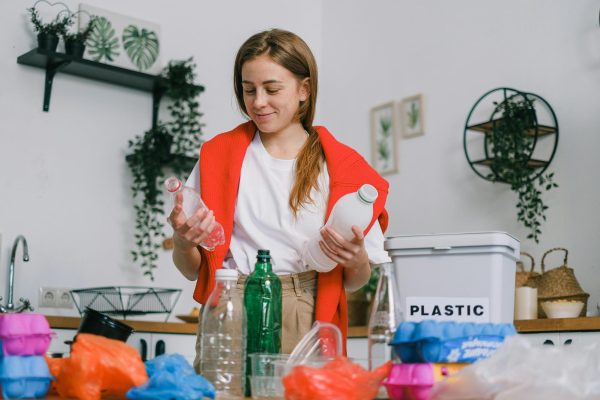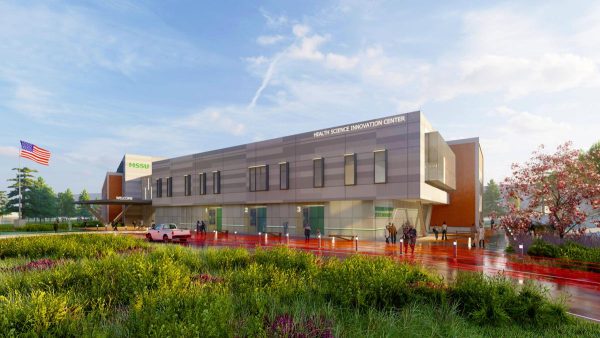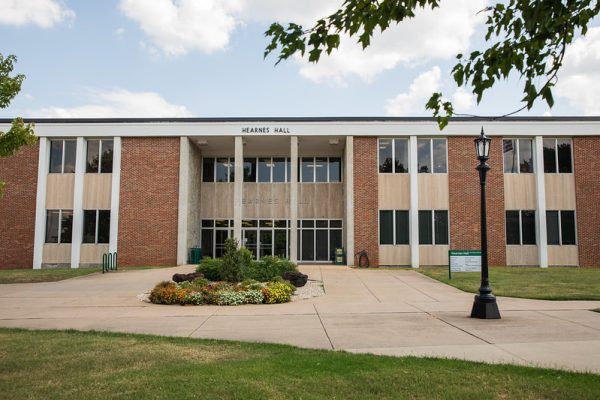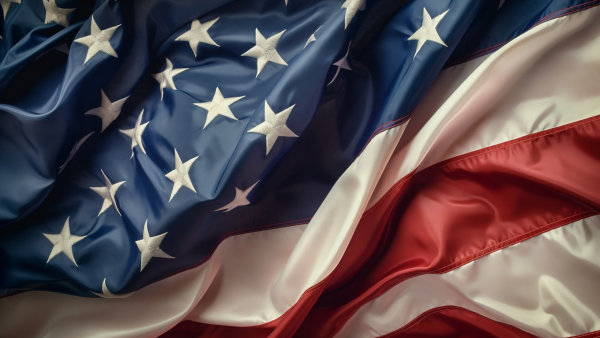Annual research symposium taking applications
Missouri Southern students have the opportunity to enter the Student Research Symposium, set to take place later this spring on campus.
The event, set for Wednesday, April 17, is designed to honor students performing research or artistic projects.
All students are welcome to apply in one of the six categories: humanities; business, engineering and technology; social sciences; physical and biological sciences; health sciences; and education.
Students will then create a poster presentation in which they share their work visually with faculty, staff, fellow students, and community members. Those students in the Humanities category will have the option of presenting their work through a ten-minute oral presentation/performance.
Students who apply are asked to produce a poster displaying their projects for both the viewer and judges. Each contestant within the humanities category have an option to include a 10-minute presentation or performance.
Awards will be presented in the six categories for the first or second place student as well as a prize for the student with the best poster. First places will receive a $100 Amazon gift card, while second place ranks will earn the participant a $50 Amazon card. There will also be a top overall prize of $100.
There are no fees for entry or attendance to the symposium, which takes place from 1 to 4 p.m., Wednesday, April 17, in the ballroom of the Billingsly Student Center. The deadline to enter is 5 p.m., Wednesday, March 27. The event is open to all students, staff, faculty and community members.
For more information, persons interested may contact Dr. Michael Howarth at [email protected]. To apply online, persons interested may visit www.mssu.edu/academics/research-symposium/index.php and click on “Submission Form.”
Want to enter?
Entries may include current or past work completed in the classroom within the six contest categories.
Entries may include business plans, literature reviews, stories, music, artwork, theatre demonstrations or poetry, as well as technology, science projects, theory developed using mathematical tools, surveys or data analyzed using statistical techniques.
Your donation will support the student journalists of Missouri Southern State University. Your contribution will allow us to purchase equipment and cover our annual website hosting costs.





























